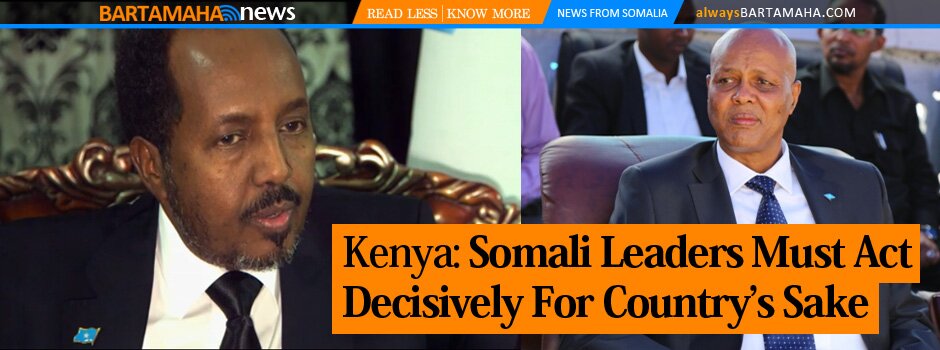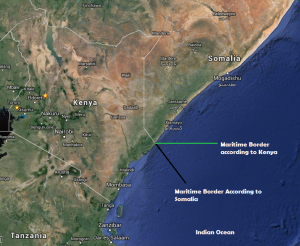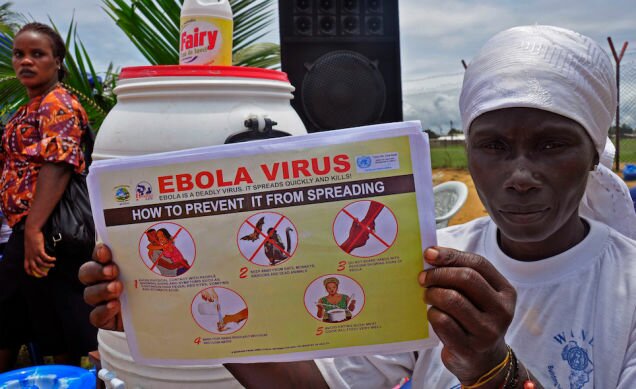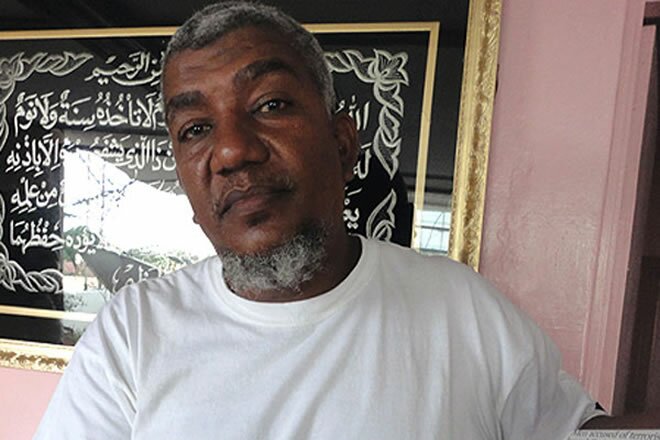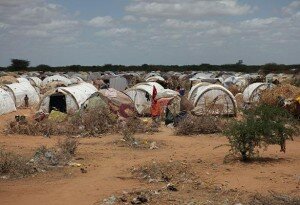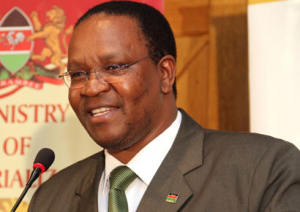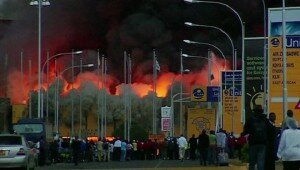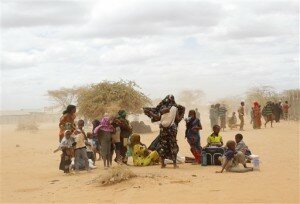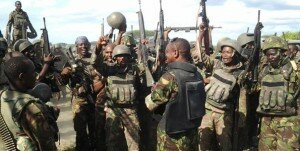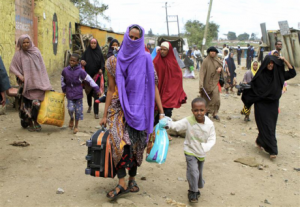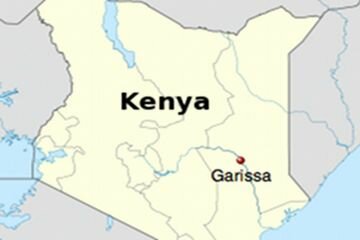Kenya’s ‘urban refugees’ face harassment – report
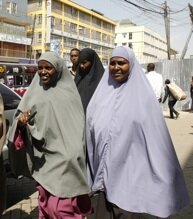 NAIROBI, (AlertNet) – Tens of thousands of refugees seeking safety and a livelihood in Kenya’s capital suffer police harassment, violent attacks and deprivation, a report said on Thursday. Many refugees chose Nairobi over the country’s crowded refugee camps because they want economic independence and a sense of community but often they instead fall victim to exploitation, extortion and sexual abuse, according to the report, compiled by three humanitarian organisations. “Refugees are moving from camps in Kenya into the main capital city, Nairobi, where they are facing very many challenges including police harassment, extreme poverty and violence,” said Sara Pavanello, Research Officer with the Humanitarian Policy Group, part of the London-based Overseas Development Institute.
NAIROBI, (AlertNet) – Tens of thousands of refugees seeking safety and a livelihood in Kenya’s capital suffer police harassment, violent attacks and deprivation, a report said on Thursday. Many refugees chose Nairobi over the country’s crowded refugee camps because they want economic independence and a sense of community but often they instead fall victim to exploitation, extortion and sexual abuse, according to the report, compiled by three humanitarian organisations. “Refugees are moving from camps in Kenya into the main capital city, Nairobi, where they are facing very many challenges including police harassment, extreme poverty and violence,” said Sara Pavanello, Research Officer with the Humanitarian Policy Group, part of the London-based Overseas Development Institute.
The report, entitled “Hidden and Exposed: Urban Refugees in Nairobi, Kenya,” was compiled by the Humanitarian Policy Group (HPG), the International Rescue Committee (IRC) and the Refugee Consortium of Kenya (RCK). Kenya is home to some 46,000 registered refugees, mostly from Somalia, Ethiopia and Sudan, countries that have endured decades of crises. Unofficial figures, however, show there could be any many as 100,000 refugees, the report said.
Kenya also hosts two U.N. run refugee camps in its northern regions housing up 330,000 refugees. “Refugees spoke of constant harassment by police – from officers demanding financial bribes to physical beatings and intimidation,” said Kellie Leeson, the IRC’s Country Director in Kenya.
POLICE EXTORTION
Kenya recognises refugees on a prima facie basis – a migration policy that extends automatic refugee status to people who are part of a large-scale influx. But the report said refugees lacked access to basic services like health care and education and struggled to integrate in the East African country. Unlike closed refugee camps, cities present obvious opportunities to stay anonymous and engage in economic activities.
But cities also present dangers to refugees who may not possess legal documents, making them vulnerable to exploitation, arrest and detention. “Arrests are almost always made with an aim of extorting money from refugees and once money is paid, refugees are often releases,” said Pavanello. Kenya’s police were not available for comment. Ethiopian refugees of the Oromo ethnic group living in Nairobi have also been targeted by Ethiopian intelligence officials who they claimed often abducted and forcibly repatriated them, the report said. The United Nations’ International Organisation for Migration said over 17,000 people fleeing conflict, hunger and poverty in Somalia and Ethiopia are smuggled through Kenya to other destinations every year.
WOMEN MOST VULNERABLE
According to the report, women and children bare the brunt of the hardship facing urban refugees. “We found that some women and girls have been forced to engage in commercial sex work to raise money for their families,” said Laban Osoro, a lawyer with legal aid group, Kituo Cha Sheria.
Language barriers and high levels of xenophobia amongst the local population in Kenya’s capital further compound the difficulties faced by the refugees. The three organisations called for the full implementation of Kenya’s Refugee Act of 2006 and a new U.N. urban refugee policy that recognises and extends protection and social services to urban refugees.
____
Reuters AlertNet
Comments
comments
 Calendar
Calendar





